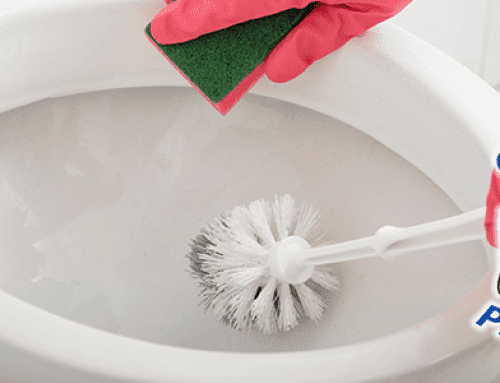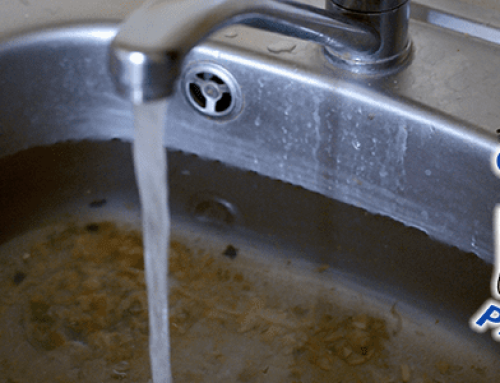If you follow the news then you are aware of the exceptionally cold winter that many parts of the United States recently experienced. This his Texas particularly hard because of the lack of infrastructure to handle the ensuing cold weather. Although a similar event is not likely to occur in Florida, it is still helpful to have resources available in the rare case that a deep freeze in Florida occurs. In this article, we will discuss the dangers of frozen pipes and what you can do to prevent them.
Why are Frozen Pipes Dangerous?
If you have ever placed a water bottle or any liquid in the freezer and forgot about it, you will know that as the liquid freezes, it also expands. In some cases, this expansion may cause the bottle or casing holding the liquid to explode or at least have a hole. In other cases, the bottle or casing does not explode, but due to the unexpected stretching, it is now in a weaker condition.
This is essentially what happens with frozen pipes. When the water inside of the pipes expands into a frozen state, the pipes may burst open. As the water thaws, the pipes are no longer able to contain the water thus leading to water damage, if untreated, may lead to mold.
In some cases, the pipes may not explode but the freezing water may have stretched the pipe thus leading it to have deteriorated. This may lead to a future pipe failure thus resulting in water damage and mold.
How to Prevent This
The easiest way to prevent pipes from freezing is to keep the heat on in your home. By keeping the heat at a consistent temperature, will help prevent the pipes from freezing by keeping the water warm.
Central Heat
By leaving on the central heat, you will not only keep your home warm, but you will also prevent the water in the pipes from freezing.
Portable Heaters
By placing portable heaters by the pipes, will prevent the water in the pipes from freezing.
Running Water
By allowing the water to run through your pipes, then you may be able to prevent the water from collecting and freezing. By running the water hot, will not only prevent the water from freezing but also keep the pipes warm on the inside as well.
Keep Cabinets Open
Those pipes that are in cabinets, such as under the kitchen or bathroom sinks, should have the drawers of those cabinets left open. This keeps the pipe from trapping cold air and causing the pipes to freeze from the outside.
Insulation
By placing insulation around the pipes or between the pipes and the wall will help prevent the pipes from freezing over due to outside temperatures.
How You Know You Have Frozen Pipes
Even with proper precautions, it may not be possible to prevent a pipe from freezing. If you can look into the pipe and see ice, then your pipe is obviously frozen. In most cases, however, you will not be able to look into the pipe. The best way to determine if your pipe is frozen is to flush a toilet or run a faucet. If the toilet does not refill or the water does not flow, then this is a sign of a frozen pipe.
What to do if you have Frozen Pipes
The best thing to do if you have a frozen pipe is to call a professional. The professional plumbers at Conyer’s Plumbing will come to your home to investigate the damage and advice you on the best course of action.




